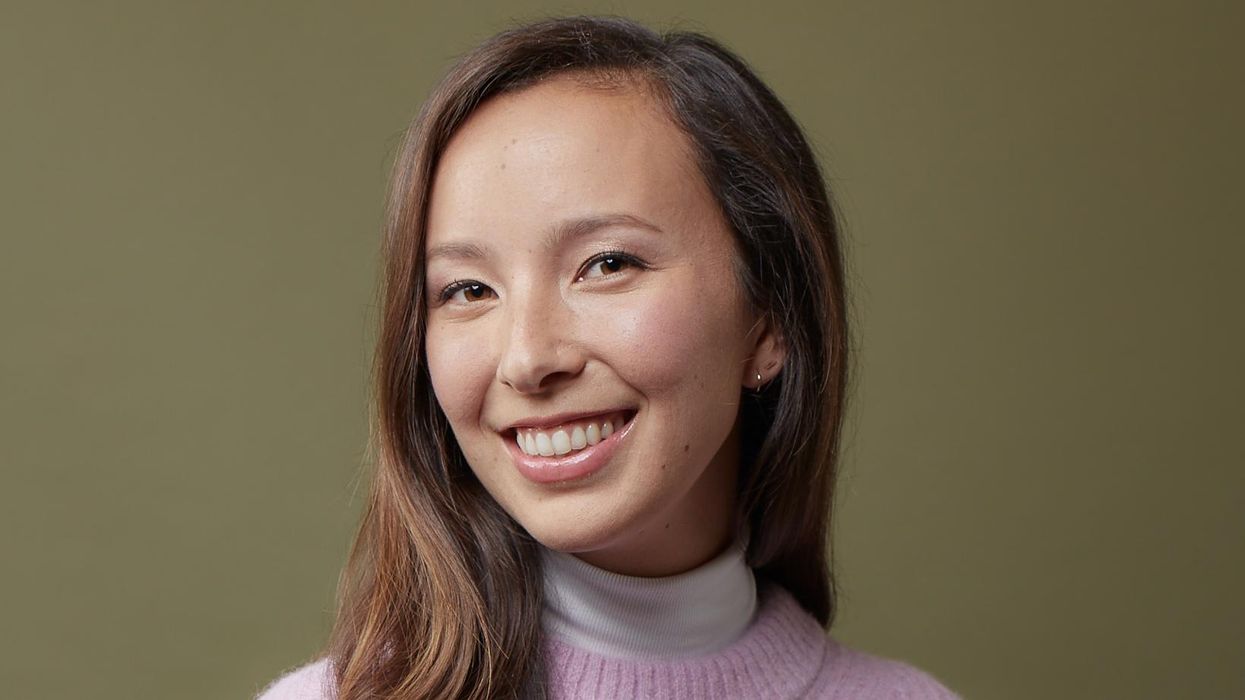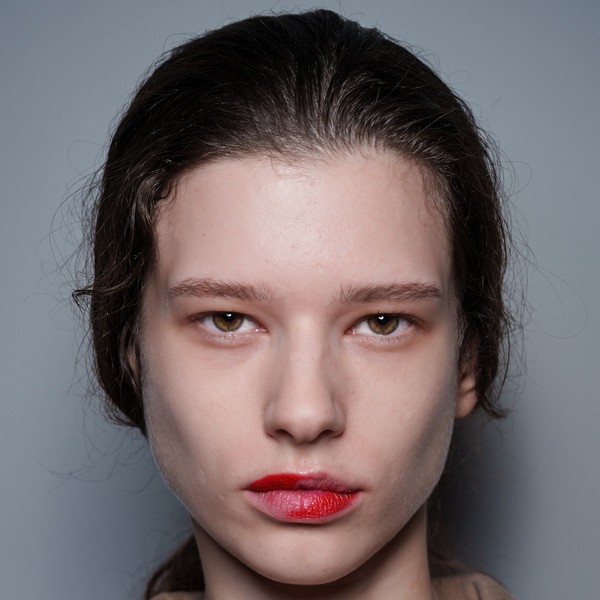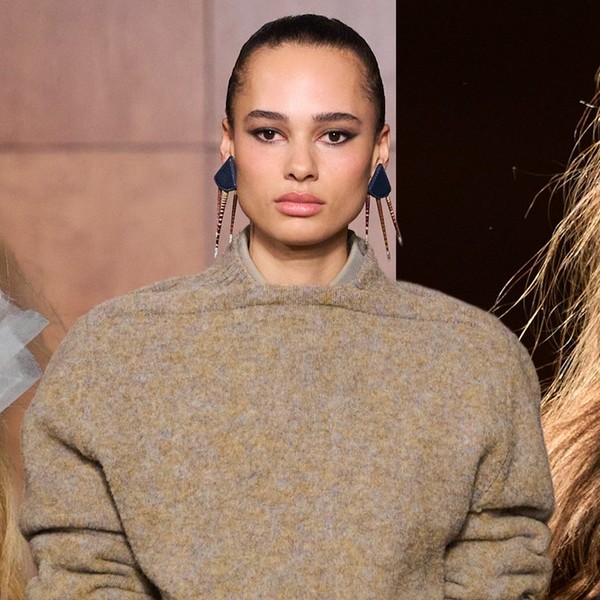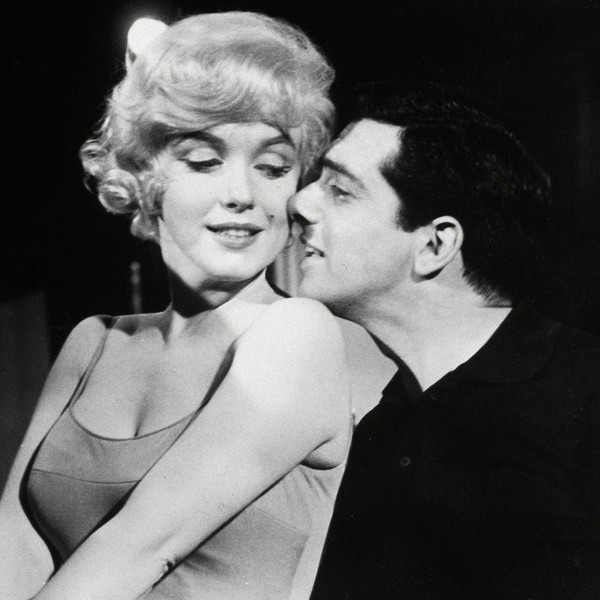Meet the Sustainability Leader Who Believes Community & Inclusivity Are Crucial for Saving the Planet
Plus, the importance for women and people of color.

Sustainability has reached the zeitgeist, and not a moment too soon. It has become a top goal for brands, governments, and individuals alike, though of course society is still very far from actually implementing the kind of changes and policies that will in any way reverse the disastrous harm we as humans have done.
Fashion is grappling with this impact and simultaneously winning in the areas of secondhand goods and utilizing plant-based fibers and textiles that will transform clothing and accessories as we know them. But the industry is still a long way off in that being the mindset of every brand, company, and retailer, with waste still being one of the biggest challenges, along with a living wage and a whole host of other issues.
These critical concerns are top of mind for Hana Kajimura, who has been in her position as the head of sustainability for Allbirds for three years. The last year has been one of the most challenging for society at large and for businesses just the same: a crisis Kajimura didn't think would bode well for her career nor that of sustainability as a whole. "Back in March of 2020, my view was 'Oh no,'" Kajimura tells Coveteur. "'What's going to happen to sustainability? Is this all going out the window as businesses face economic hardship? Are my peers going to be out of a job? Am I going to be out of a job?'"
Thankfully, Kajimura stayed put, as did her team, and she's even more committed to making sure that Allbirds walks the talk. One way she does that is by getting the word out about their efforts, sharing her story, and leaving herself open to questions from climate-change activists and the public alike to make sure she's on track. Just days after our conversation, she'll be taking the virtual stage at the FIT 2021 Sustainable Business and Design Conference for the "Changemakers in Materials Innovation" panel: a chance to catch up with her peers that is much needed after a year like we've had. "The conferences themselves are useful and informative in helping to keep tabs on what's going on in the industry, but the real benefit, I think, is the relationships that are built around those conferences," she says. "I am lucky to have had time to do that in this job, in this career, pre-COVID, so that during COVID I have these relationships to fall back on. So much so that I see the same group of people at these conferences and we always find it useful to chat to each other. The spaces I find myself in are predominantly women, which lends a nice aspect of mentorship and comradery."
Here, we talk to Kajimura about how she got her start in sustainability, why making the fashion industry sustainable is important for women and people of color, how she takes care of herself so she can recharge, and more.
On how she got into the sustainability space and came to work at AllBirds:
"I studied environmental science in college after thinking that I would be a liberal arts major. I ended up studying abroad in Cape Town, South Africa, and worked in an urban garden in one of the townships alongside six amazing 80-year-old women. I really saw how tied their livelihood was to the land and to their ability to provide food for their community. That's when I changed courses and decided environmentalism is actually what I wanted to study. I wanted to be a science major and figure out this climate change thing because it was already starting to have really tangible effects on the livelihood of people. I also had a realization that I wanted to work on climate through the private sector, because I felt businesses could move much more swiftly than a lot of other nonprofits and government organizations, and that swiftness and decisiveness was exactly what we needed given how tight these timelines were."
On the conversations she has been having with her team over the last year:
"I think, if anything, our plans and our work have accelerated and gotten more ambitious. Back in March of 2020, my view was 'Oh no. What's going to happen to sustainability? Is this all going to go out the window as businesses face economic hardship? Are my peers going to be out of a job? Am I going to be out of a job?' And that's not what happened at all. Instead, I think the conversation intensified. Consumers have really started thinking a lot more about how they're living and how their lives are aligning, or not aligning, with their values, and they're really being more selective about where they put their support and their dollar, because today, they have so many choices. If they want to buy a pair of shoes, there's a million places they could look, so I think that gave even more license to teams like mine to double down, go faster, and think bigger, which was a really welcome opportunity."
On the benefit of sustainability conferences and getting together with like-minded people who are working to meet the world's climate goals:
"I've been very glad that I've been in this role for a while and had all of these years to develop my relationships and networks through conferences. About four to six times a year, there's some sort of sustainability-in-fashion conference somewhere around the world, and many of the same people are convening from different companies at those events. And while the conferences themselves are useful and informative in helping to keep tabs on what's going on in the industry, the real benefit, I think, is the relationships that are built around those conferences. Not formally, but informally. I am lucky to have had time to do that in this job pre-COVID, so that during COVID I have these relationships to fall back on. So much so that I see the same group of people at these conferences and we always find it useful to chat to each other. The spaces I find myself in are predominantly women, which lends a nice aspect of mentorship and comradery. Now, rather than waiting for a conference, we have a quarterly check-in where we all usually pick a topic and then share our perspectives and best practices to get there in a really supportive way.
"I think that's probably the most pleasant surprise, that in this job is that I have found all these lifelong mentors who aren't even at my own company, but they're people I know will stay in my life, hopefully, for a really long time. We care so much about the impact we're trying to have and we really want to support each other in achieving it."
On what it's like being a woman in sustainability:
"Climate change is being disproportionately felt by women who are more likely to live in poverty and have less access to basic human rights. This is coupled with the fact that women are a great source of knowledge, especially in this fight, and we really need to listen to them and elevate their voices in this work. My role is all about the broader impact and caretaking of a broader set of stakeholders, including our employees, our customers, our suppliers, and the planet. Tangibly and practically, my greatest attribute in this work is the ability to bring many different types of stakeholders along and play a role within the business where I'm able to talk to product development, finance, our executive leadership, and our supply chain to make sure everything is working together. I can speak these different technical languages, understand their inherent needs and what's driving their decision making in order to help bring everyone along towards more sustainable decision making. I think that that is a quality that is more prevalent among women.
"I think the hard part sometimes is that in a sustainability role specifically, you are asked to pick your battles, be a partner in things, and be a team player. We are already so likely to compromise and find solutions that work for everyone that sometimes you can worry that you're being too conciliatory or too flexible. That's when I think it's just really important to be given permission, to be encouraged to be bolder, to have high ambitions, and to demand more from companies and from leadership."
On inclusivity in sustainability and how she's ensuring people of color continue to have a seat at the table:
"It's the most important thing that I try to ensure we are cognizant of. I spend a lot of time listening and gathering the input from the ground up, and we're specifically doing a lot of work around making regenerative agriculture a huge priority. That practice is nothing new, as it's really about a way of returning to nature and prioritizing indigenous knowledge. We have to make sure this is at the foundation of our work.
"As a public benefit corporation and a B Corp, we also legally need to be accountable to a broader set of stakeholders in our business than just shareholders. That includes the environment, our customers, our employees, and the communities that we affect and operate in. So I'm working every day to help build in this inclusive stakeholder engagement process along the way."
On how she's taking care of herself while doing such all-consuming work:
"There's this feeling of there always being more that I could be doing, but that the 'more' that I could be doing is really important for the world. That can obviously have diminishing returns if you're burnt out and working too hard.
"I do like two things. One centers community, so I have this support group of people in my position at other companies that I can connect with on a weekly basis. We commiserate together, support each other, and cheer each other on. It really goes a long way. And then the other is just really connecting with nature, which is why I do this work. Particularly for me, I really love the ocean, so any time spent walking along the ocean and just remembering how big the world is. Putting things in perspective, I think, really goes a long way."
Photo: Peter Prato
Want more stories like this?
8 Brands Making a Conscious Impact: A Closer Look at Sustainability in 2021
The Surprising Materials Designers Are Using in the Name of Sustainability
Fashion Sustainability Is No Longer an Option—It's a Necessity




